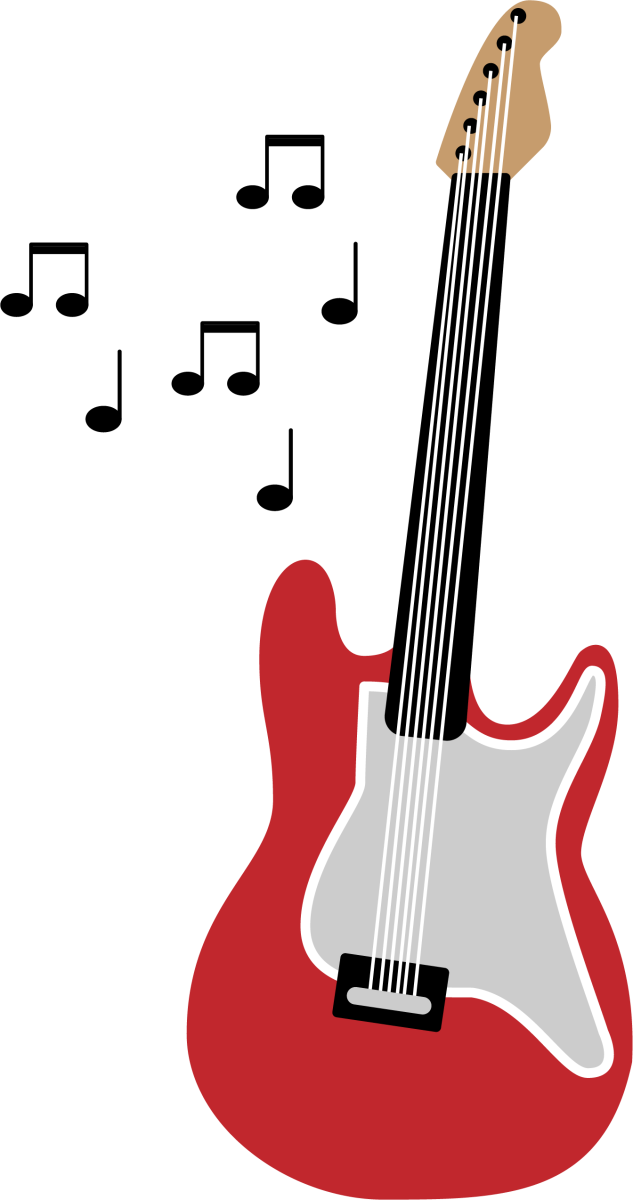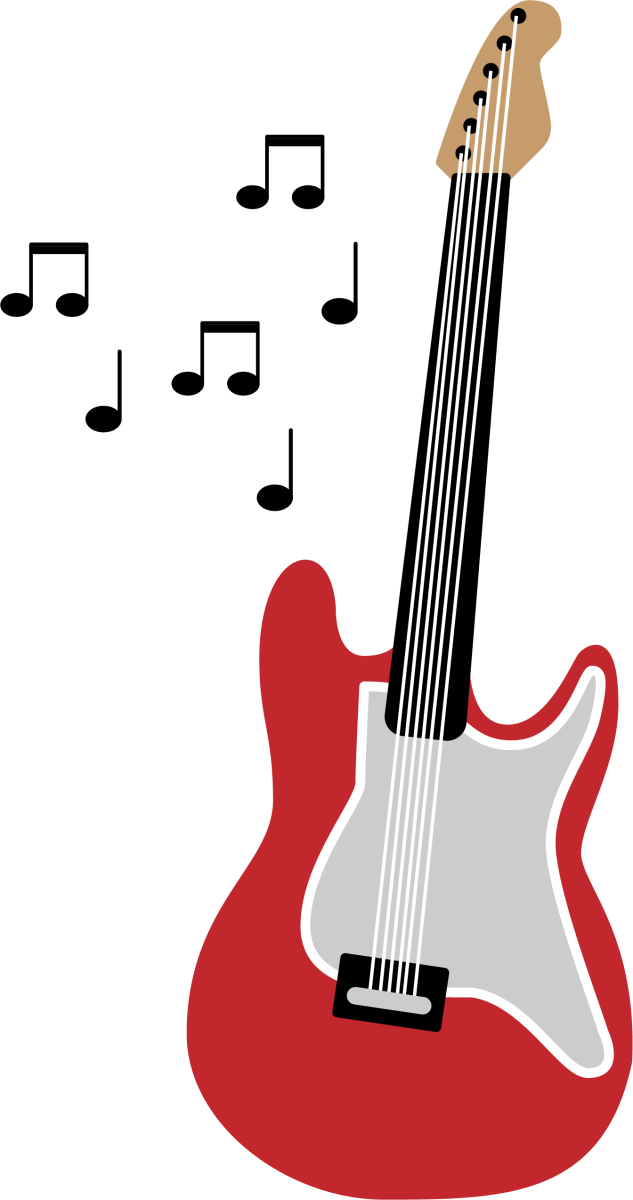When it comes to the pain of music failing to meet your expectations, I believe there’s some truth to the cliché that time heals all wounds. Most music fans have experienced queuing up new music — maybe it’s a new album from your favorite band or a single that your friends have been hyping up — only to have the sinking realization that it’s not to your tastes, or worse, that you straight up hate it.
Before you shatter that CD for a holographic art project or let the tracks float away into the saturated void of Spotify, consider leaving it on the back burner for later. Perhaps it’s not that the music isn’t for you, but you aren’t ready for the music.
Last week I spontaneously decided to give the 2021 album “Between the Richness” by Fiddlehead another shot. The record received a lot of praise upon release, but it fell flat for me. This time around, I was hooked from the first track “Grief Motif,” a song that I’ve had on repeat since. The experience got me thinking about the music I used to dislike but now enjoy, and brought up a certain question — why did I not see its greatness before?
Musical tastes are highly contextual. Life experience, knowledge, mood, values and interests shape what we like and don’t like. As you move through life picking up new baggage and dropping some along the way, you will become more equipped to understand and appreciate certain music. In the case of “Between the Richness,” at the time the record dropped I was not craving melody or emotive lyrics. I also did not have a point of reference for Fiddlehead because I was unfamiliar with the significance of vocalist Pat Flynn and his past band Have Heart. Now, with those factors considered, it was easier for me to hold respect for “Between the Richness” and recognize its strengths.
Think about a piece of music that did not strike a chord with you on the first listen. Then, think about the person you were when you heard it. You’re a different person now, right? With a new set of ears, the same song can sound completely different. If you want to test this idea, try it in reverse. On Spotify, pull up your oldest “Your Top Songs” playlist. Whether there are songs that you dislike or songs that just fell out of your listening rotation, some of them are no longer relevant to you. When I reviewed the tracks on my own playlist from 2017, it felt like the listening history of a stranger.
Other than personal biases and desires when it comes to music, opinion is formed through continuous engagement. Just as with people, a judgment based on first impressions alone is likely inaccurate. Sometimes there is a benefit to taking the time to get to know a song, because with each listen new details and perspectives can be revealed. From an auditory standpoint, it’s also important to listen to a song multiple times to catch any sonic nuances or to get a hook stuck in your head — yes, that can be a good thing. Even if you ultimately dislike the song, at least you can pin down the reasons why.
None of this means that you will love everything you hear if you give it enough time and nor should you. Musical preferences have limitations after all, and anyone who claims they like all types of music is probably being dishonest. There is also great value in what resonates with you instantly, but the benefit of giving a piece of music another chance is that it’s a way to avoid denying yourself of good music just because it was dismissed immediately.
It’s not always easy, but in order to discover new music you must have an open mind while listening. Take that song you hated for a spin through your car speakers. Listen to it at a different time of day. Go for a walk and let it set the pace of your steps. Include a friend in the listening experience and parse out your opinions together. It just might be your new favorite song.
For questions/comments about this story email [email protected] or tweet @TheWhitOnline.



































































































































































































